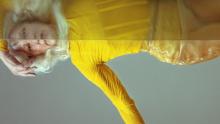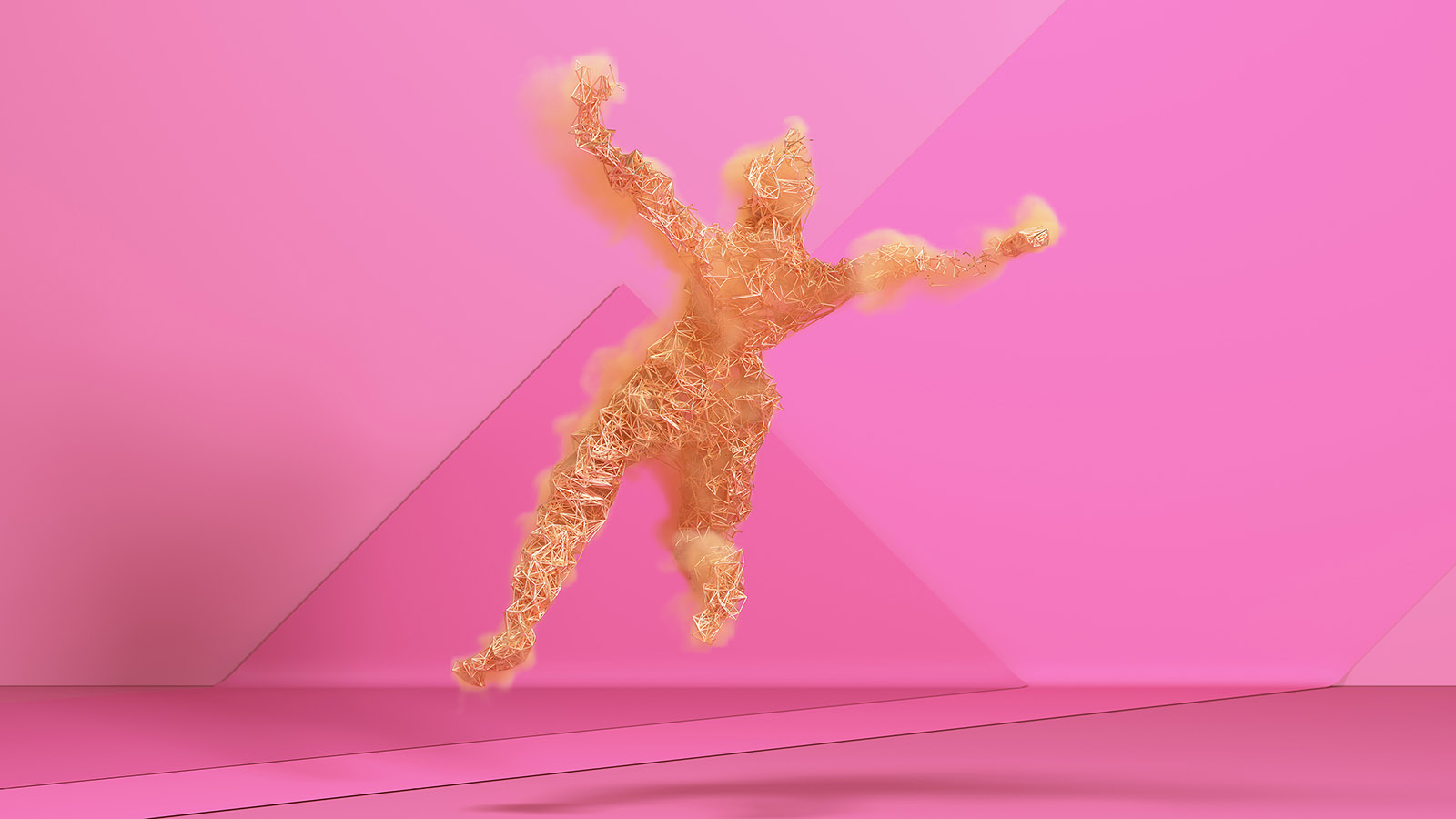Dutch National Opera
Rusalka
Antonín Dvořák (1841-1904)

Dates
June 2020
Location
Dutch National Opera & Ballet, Great hall
Running time
3:35, 2 breaks
Tickets
n.a.

Sacrifice for a soul
Dvořák’s Rusalka is about a water nymph who dreams of a life on land, rooted in the tradition of the ‘undine’ as well as the opposition between man and nature. While Rusalka sacrifices almost everything to live as a human with her prince, she ultimately returns to the water utterly disillusioned.

